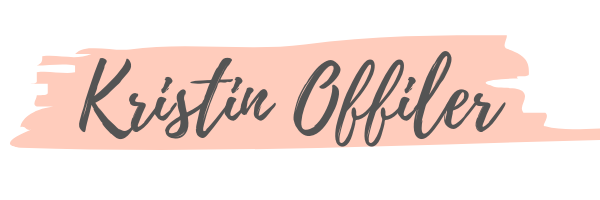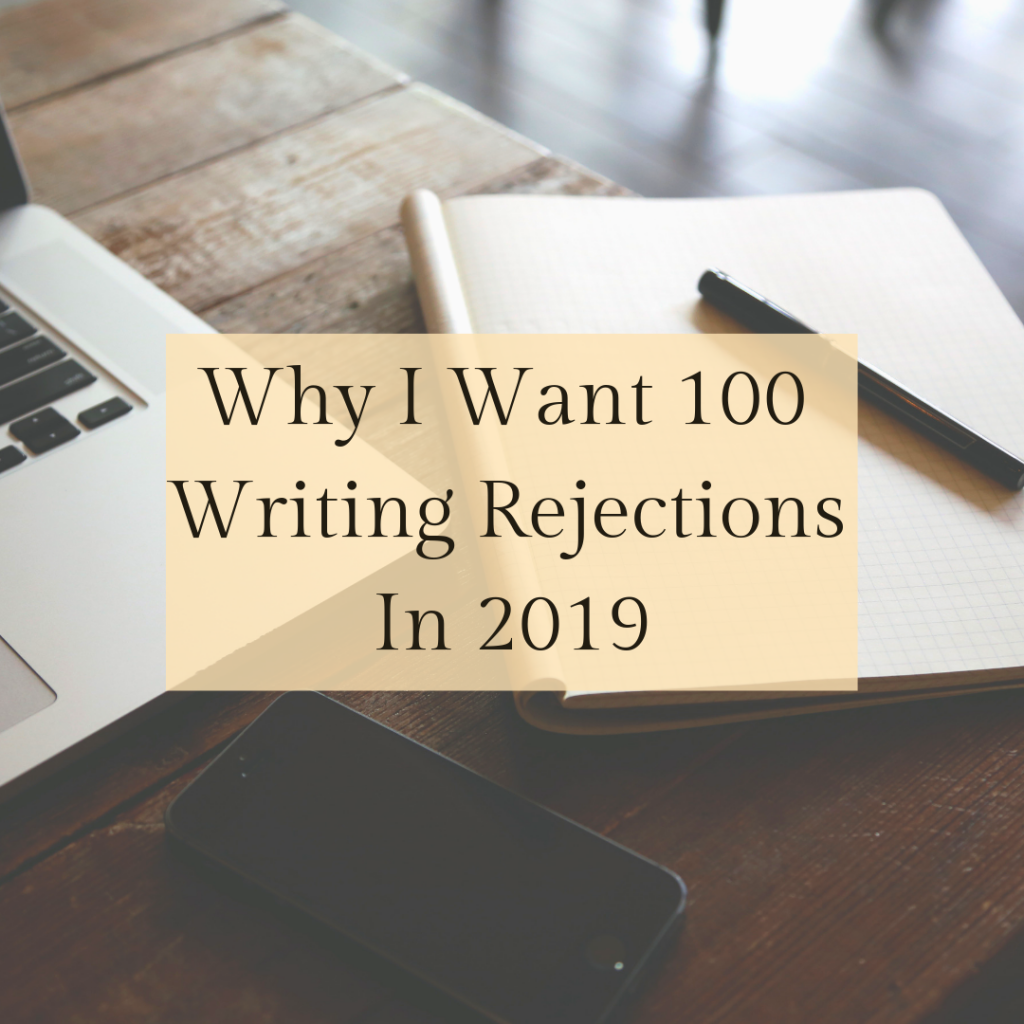I received quite a bit of what I’d call optimistic rejection when I was querying my novel.
“I think you’re a strong writer, but I think I’m actually not the best match for this. I’m going to pass, but I wish you the best of luck in finding the right agent.”
“While your project certainly has merit, I’m going to pass.”
“The premise is engaging but I’m sorry to say I wasn’t drawn into the story as I want to be to pursue a project further.”
Etc, etc, etc.
So I took a break from querying after seven months and zero requests from agents to see more pages.
The rejections felt personal, somehow, even though I knew they weren’t.
But then again, the book was personal because I’d spent so many years working on it and I’d put so much of myself into the process.
The fact that I couldn’t find someone interested in representing it felt the same as being unable to find someone interested in… me.
So I put that project aside, started writing a new book and some short stories, immersed myself in teaching writing for a few months, and waited for the time to be right to try again.
The thing about feelings is that, if you wait long enough, they always pass.
The sting from being rejected eventually faded. The sense of defeat shifted over time into a hunger, a desire to get back to work. To keep trying.
And not just eight or nine tries, like before. This time I’m going to give it 100+ tries.
My goal for 2019, then, is to collect 100 writing rejections for short stories, essays, and hopefully also a book.
You might be wondering why have a goal focused on rejection. Why not make it “positive” or about the writing itself?
First of all, it’s about mindset.
If I’m being truthful here, I expected my novel query would be met with at least a little interest. I went in very optimistic and ultimately that crushed me.
I’m not saying optimism is bad, but if my focus is on collecting a certain number of rejections, there’s much less at stake emotionally when the rejections do roll in. That’s not to say they won’t still hurt a little bit, but this is also a way to thicken up my own skin.
Probability, baby.
I’m not going to pretend I’m good with numbers, but we all (roughly) understand how probability works.
Essentially, I’m throwing out a wider net and hoping to catch more acceptances than when I tossed a shorter net and caught only rejections.
100 attempts are more likely to yield favorable results than 8 attempts.
It’s math, honey. Look it up. (And send me an email when you do because my understanding of this stuff starts and stops in this paragraph.)
This is a practice in making the writing not feel so precious.
Part of the problem with my novel was that it felt very precious to me. It was important. I wanted agents to see the importance of it, too, and not only agree with me, but also say YES! This is worthy of being in print!
When that didn’t happen, the disappointment was painful.
So this goal is my way of learning how to separate myself from my work and not see it as such an integral part of me. My writing is always going to mean something to me, but I don’t want it to be so precious that I can’t stand the thought of someone telling me they don’t like it.
If someone doesn’t think my work is good enough to be published, that’s ok. I’ll keep going and find the person who does.
It’ll make me more productive.
Another problem with my novel was that it was the ONLY thing I worked on for four years. FOUR YEARS!
Of course I wanted people to like it. I’d spent a huge amount of time working on that, and only that. I had nothing else to offer.
So aiming for 100 rejections this year means I’ll have to consistently work on new pieces, especially if I publish the ones I currently have lined up to submit. Having a collection of work on the go (while working on the new novel) means I won’t hang all my aspirations on one story.
That’s unrealistic, anyway. Diversification is where it’s at.
I just want to be published, honestly.
From an artistic standpoint, I’m sure it’s not exactly cool to admit that I want publication, but it’s the truth and I’m not here to BS you.
I entered the MFA program at Lesley University ten years ago.
While I know there’s no timeline on writing, art, creativity, etc… it does feel surprising to think I’ve spent a decade writing, learning, revising, creating, taking classes, teaching, going to conferences, working with a writing group, pitching agents in person and online, and still have no publications to my name.
That’s mostly because I’ve been deep in the writing itself and less focused on the act of putting it out into the world.
But if I want to be in print (and I do, whether that lessens my credibility as an artist or not) I need to consistently send my work out into the world.
Publishing matters to me because I want to share this thing I love so much.
When I start working on a story, it’s purely because it interests me. I’m not thinking about what a reader might want to see.
But later, my ultimate goal is for my stories to interest other people, too. And not just interest them, but make them feel understood, entertain them, give them hope. I want readers to see things in my fiction that feel resonant and truthful to them.
I don’t care to write fiction in a vacuum where I’m the only person who ever experiences what I write on the page. I’m ready to share it, give it away, let others experience it too.
Writing and art, in general, are the threads that run between us.
We think we’re different or alone or the only one who feels a certain way, but then we read something that shows us otherwise and we’re suddenly changed. That’s powerful.
So this year, I’ll try for those 100 rejections because it’s time. I can’t wait any longer.
What are your writing goals?
Have you dealt with rejection before, and if so, how did you do with it? Any words of wisdom?
Six years ago, I was a recent MFA-grad who had completely stopped writing fiction.
I was freelancing as a copywriter for local businesses and also writing for a couple of online sites. I didn’t love any of it. The writing itself was completely underwhelming, and the pay sucked.
And for the life of me, I couldn’t write fiction anymore. I had no ideas, no inspiration, nothing to say. The muse was gone. The stories had dried up almost as soon as I finished my two-year-long MFA program. Suddenly, I had an advanced degree in fiction writing, and not a single ounce of desire to write stories.

